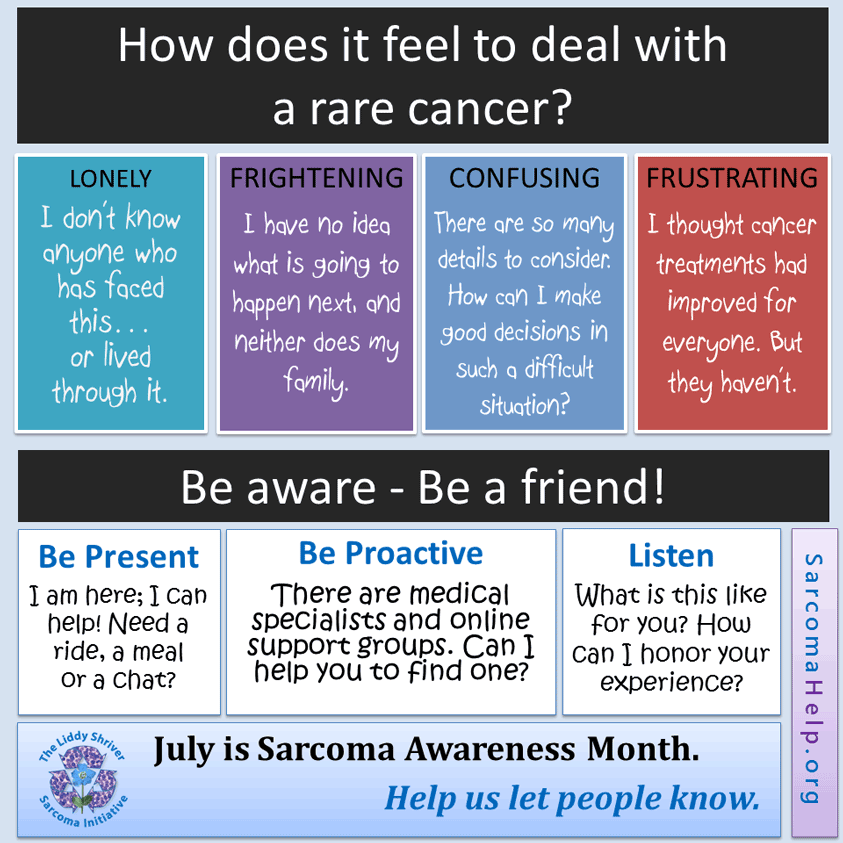The Autumnn 2014 edition of Sarcoma UK’s Connect magazine is available to read at http://sarcoma.org.uk/resources and includes my OnTheBall letter to my GP on page 6.
Category Archives: Uncategorised
Best Places to Work
Royal National Orthopaedic Hospital Trust
- Full time permanent staff: 1,298 WTE
- Voluntary staff turnover: 14 per cent
- Exec team male/female ratio: 70 per cent male/ 30 per cent female
- Programme to recruit ethnic diverse staff: No
As its name suggests the trust specialises in neuro-musculoskeletal care. It delivers well on the training of its staff with 87 per cent having received health and safety training, 77 per cent having equality and diversity training and 88 per cent having been appraised in last 12 months. As the largest orthopaedic hospital in the UK, it plays an important role in teaching and training with over 20 per cent of orthopaedic surgeons in the UK receiving their education at the trust.
The Royal Marsden Foundation Trust
- Full time permanent staff: 2,377
- Voluntary staff turnover: 12 per cent
- Exec team male/female ratio: 40 per cent male/60 per cent female
- Programme to recruit ethnic diverse staff: No
The Royal Marsden offers a free travel clinic and immunisation service to its staff and promotes a cycle to work scheme. Open meetings with the chief executive are held regularly and the trust runs a local employee of the month scheme.
2014 National Cancer Patient Experience Survey
Some links:
2014 National Cancer Patient Experience Survey website
2014 National Cancer Patient Experience Survey National Report
Individual hospital trust reports for our region that surveyed sarcoma patients:
The Royal Marsden NHS Foundation Trust
Royal National Orthopaedic Hospital NHS Trust
The surveys for Bournemouth and Southampton Hospitals didn’t include responses from sarcoma patients.
Importance of Clinical Nurse Specialists
The Nursing Times has published the following quotes from the 2014 National Cancer Patient Experience Survey
… there were also plenty of encouraging results, with more patients than ever (89%) reporting they had been given the name of a clinical nurse specialist (CNS) – up from 88% the previous year and 84% in 2010.
Ninety-one per cent said their CNS “definitely” listened carefully to them when they last spoke and that they got understandable answers to questions all or most of the time.
A key finding overall was the importance that patients placed on having access to a specialist nurse.
“At all cancers level, and for each of the 13 tumour groups, the results showed that the factor with the strongest association with high patient scores in the survey was always the presence of a clinical nurse specialist,” said the report on the survey results.
Follow-up paper
Clinical Oncology journal has published a paper titled
Comfort Blanket or Clinical Need? The Role of Follow-up for Cancer Survivors
detailing responses to a questionnaire devised by the Independent Cancer Patients’ Voice and National Cancer Research Institute Consumer Liaison Group last February.
Having completed the questionnaire, I wrote to Sarcoma UK saying that
Q16 There is increasing evidence to suggest that regular routine follow-up is of little benefit to some cancer patients. Many are now being discharged back to GPs after their primary treatment (eg surgery, radiotherapy and chemotherapy), but with rapid access to appropriate healthcare professional if/when needed.
is worrying and not applicable to sarcoma patients. In a very informative response, Sarcoma UK agreed with me saying that the questionnaire is more applicable to breast cancer patients and reassured me that it wasn’t applicable to sarcoma patients.
The paper has a section on GP follow-up and, whilst only 5% of patients had experience of this, nearly 50% say it isn’t a good model. This response
I can’t state strongly enough that I think this is not a good direction. General practitioners have little knowledge about cancer except the basics in my experience and it is frightening to think that this might be the way things go.
is precisely what I was thinking.
The paper is an interesting read and has no medical jargon so is easy to follow. A PDF download is available on the site which may be easier to read and print.
Cancer Research UK Statistics
Cancer Research UK has a vast array of statistics for all types of cancers at http://www.cancerresearchuk.org/cancer-info/cancerstats/
Sarcoma has two sections of its own
-
- 559 people in the UK were diagnosed with bone sarcoma in 2011.
- There were 263 deaths from bone sarcoma in 2011.
- 56% of adult bone sarcoma patients (58% of men and 54% of women) in England survived their cancer for five years or more in 2001-2005.
More detail can be found in Bone sarcoma statistics
2. Soft tissue sarcoma statistics
-
- 3,272 people in the UK were diagnosed with soft tissue sarcoma in 2010.
- 56% of soft tissue sarcoma patients in England survived their cancer for five years or more in 2000-2004.
More detail can be found in Soft tissue sarcoma statistics
Poster
The Liddy Shriver Sarcoma Initiative at http://sarcomahelp.org/ has lots of useful information. They have produced this excellent poster:

Sarcoma treatment guidelines
The Royal Marsden, treating soft-tissue sarcomas, and University College Hospital and Royal National Orthopaedic Hospital, treating both bone and soft-tissue sarcomas [1], form the London and South East Sarcoma Network. They have recently published detailed guidelines for treatment and follow-up procedures.
They show what should happen, in detail, for each sarcoma subtype and these guidelines are worth reading.
This will give you the information you need to see how your treatment should progress in any hospital, not just the three author hospitals.
The guidelines can be downloaded at http://www.lsesn.nhs.uk/guidelines.html.
[1] Description taken from London and South East Sarcoma Network home page.
Previous Newsletters
An archive of the weekly digests can be found in the Newsletter Archive.
On The Ball Packs
So if you haven’t done so yet please give your GP a pack or two. Tricia has some spare ones or you can order them directly from Sarcoma UK at http://sarcoma.org.uk/Awareness/ontheball.